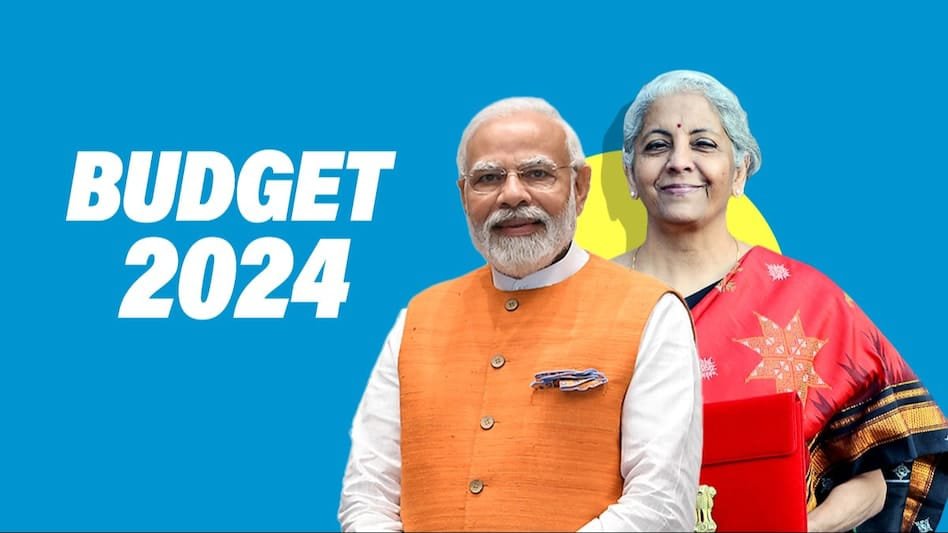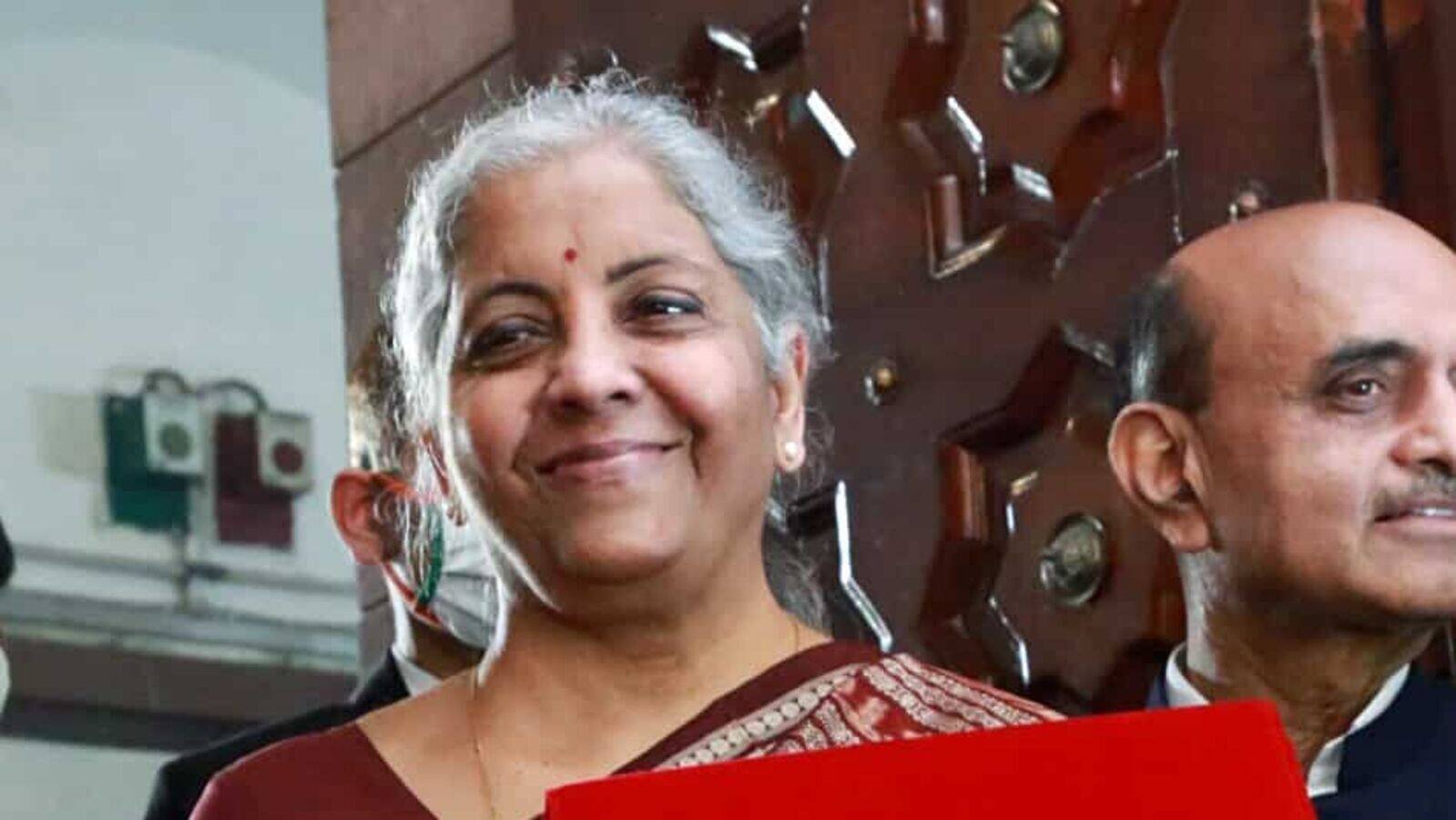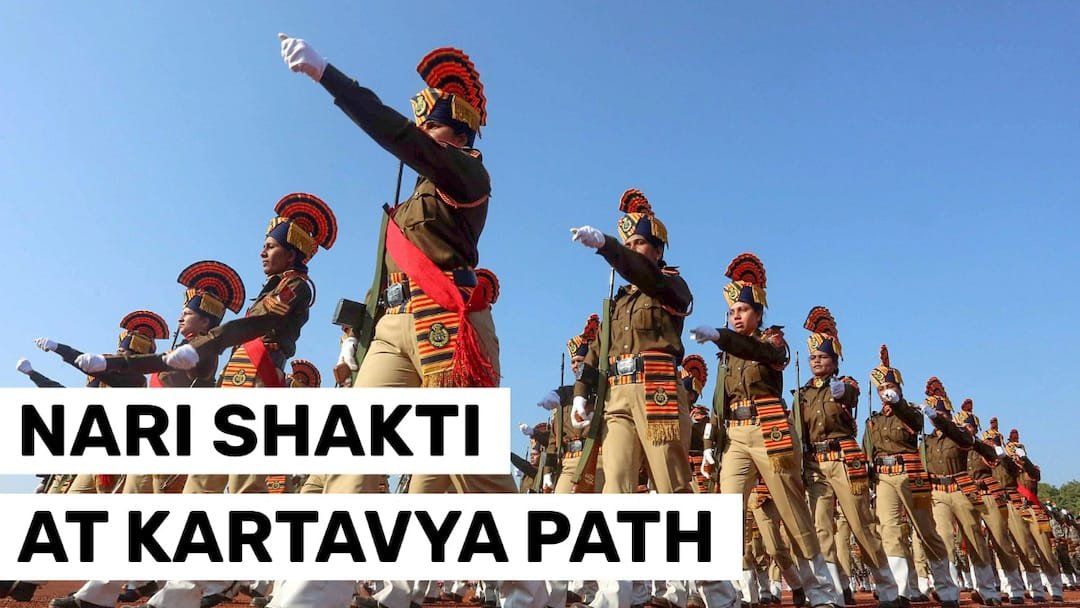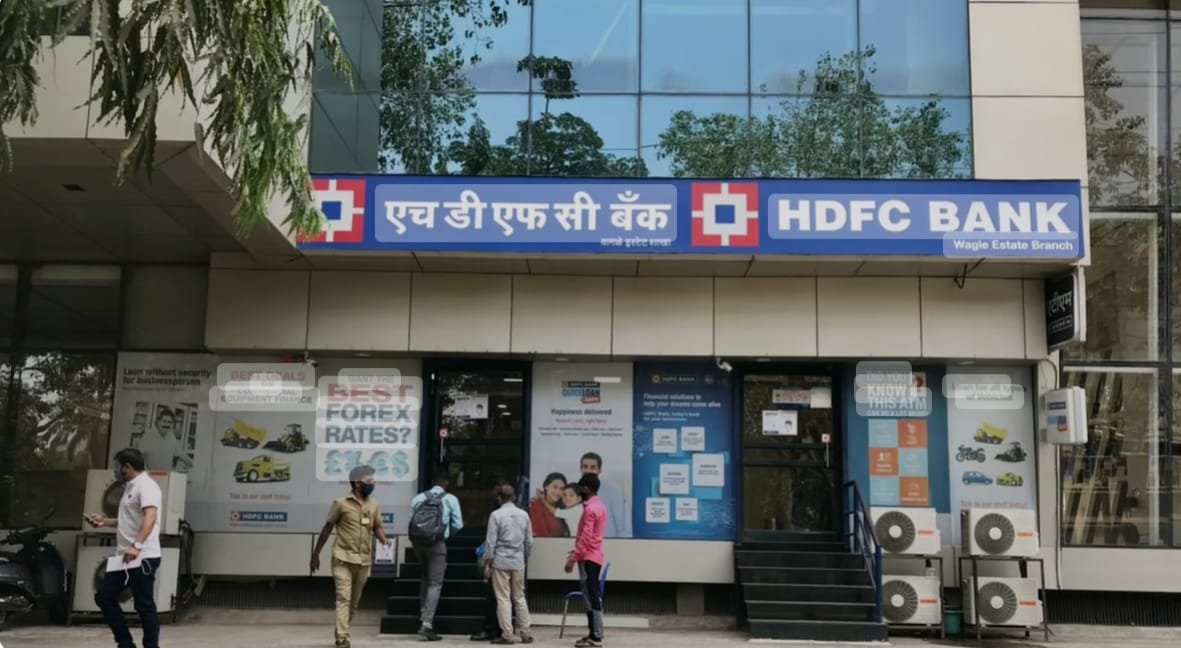France was the first western country India signed a strategic partnership with. 25 years on, Macron’s visit comes at a time when bilateral ties have strengthened, with defence and security, civil nuclear matters, and space as the major pilla

Prime Minister Narendra Modi shakes hands with French President Emmanuel Macron at the Jantar Mantar, in Jaipur, Thursday, Jan. 25, 2024. Macron will attend the Republic Day Parade 2024 as the Chief Guest. (PTI Photo)
In 1998, then French President Jacques Chirac expressed the idea of “a partnership for the 21st century” with India. “I came with the proposition to build a strong relation between our two countries, a global partnership grounded on our complementarities and our common interests,” he had said, speaking as the Republic Day Chief Guest.
That was Chirac’s second visit in the capacity — he had accepted the same invitation 22 years ago, then as France’s Prime Minister.
subscribe channelshttps://youtube.com/@PappuKumar-ud3uc?si=O4h_kYl0x8FHsBl8
The durability of Indo-French ties can be witnessed by the fact that Chirac agreed to be the Chief Guest in 1976, when India was under Emergency and facing criticism from western democracies. Later, after Chirac’s 1998 visit, India conducted nuclear tests in May that year, and even as many western powers slapped sanctions, the French did not condemn India.
Both these instances testify to the French pragmatism and foresight in how they have managed diplomatic ties with India.
In December 2023, when India invited French President Emmanuel Macron for Republic Day after US President Joe Biden was unavailable, this pragmatism was at play again. Macron accepted despite knowing he was the second choice, showing the comfort between the French and the Indian system.
This will be the sixth time that a French leader will be the Chief Guest at the Republic Day celebrations.
25th anniversary of strategic partnership
Macron’s visit caps a milestone year for India-France ties — the 25th anniversary of their strategic partnership.
The India-France Strategic Partnership, the first that India signed with any western country, has seen considerable progress in bilateral, regional and international contexts. “The partnership draws strength, trust and consistency from a shared sense of strategic autonomy and sovereignty, a quest for a multi-polar world, and a natural affinity for democratic values and rule of law,” a senior official said.
Defence and security, civil nuclear matters, and space constitute principal pillars of this partnership, which now also includes a strong Indo-Pacific component.
The comprehensive Roadmap between India and France, which was adopted last year in July during Prime Minister Narendra Modi’s visit as Guest of Honour for Bastille Day, was classified under three pillars — Partnership for Security and Sovereignty; Partnership for the Planet; and Partnership for People.
Major pillars of cooperation
Defence: India and France have had a strong and robust defence partnership. Bilateral defence cooperation between the two sides is reviewed under Annual Defence Dialogue (Defence Minister level) and High Committee on Defence Cooperation (Secretary level). A DRDO office was opened in the Embassy in 2023 for strengthening technology cooperation.
The procurement of Rafale jets as part of India’s air power is a testament to the deep defence ties. The India France joint defence exercises have also grown in scope and complexity over the years.
Space: There’s a rich history of cooperation in the field of space for over 50 years between ISRO and the French Space Agency, Centre National D’Etudes Spatiales (CNES). France remains a major supplier of components and equipment for the Indian space programme.
Civil Nuclear Cooperation: During the PM’s visit to Paris in July 2023, both leaders welcomed the progress made during discussions related to the Jaitapur Nuclear Power Project (JNPP). However, the progress here has been slow, though the first pact was agreed in 2008. The two sides have also agreed to establish a partnership on Small Modular Reactors (SMR) and Advanced Modular Reactors (AMR).
Economic: France is one of the largest investors in India with FDI inflow of US$ 659.77 million for FY 2022-23 (as of June 2023) and a cumulative FDI stock of $10.76 billion from April 2000 to September 2023. There are over 70 Indian companies employing over 8,000 employees in France.
For FY 2023-24 (till August 2023), Indian exports to France totaled $3.06 billion and imports from France totaled $2.36 billion. India’s main exports include engineering goods, petroleum products, pharmaceutical products, electronic equipment and ready-made garments. The main imports from France are aviation products, machine equipment, electrical equipment and chemical products.
Digital: In July 2023, Unified Payments Interface (UPI) was launched from the Eiffel Tower, offering secure and convenient transactions for Indian visitors and NRIs.
C-DAC and M/S Atos, an European multinational IT service and consulting company based in France, have developed 14 supercomputers for India so far, including the fastest supercomputer Param Siddhi at 4.6 petaflops/second.
Education: It is estimated that there are about 10,000 Indian students in France. An agreement on mutual recognition of degrees was signed in 2018.
The Indo French Campus for Health was also launched in June 2022 to offer double degrees.
A scheme that allows Indian students to stay in France up to two years after finishing their Masters degree, to look for jobs, was renewed in October 2022. In July 2023, it was agreed to increase the number of Indian students in France to 30,000 by 2030. During Modi’s visit, France announced the issuing of a five-year Schengen visa to Indian alumni who have completed at least one semester of their Master’s degree in France, a first for alumni from any country.
Community in France: Mainland France has an estimated 1,19,000 Indian community (including NRIs) members, largely originating from erstwhile French colonies of Puducherry, Karaikal, Yanam, Mahe and Chandernagore and the States of Tamil Nadu, Gujarat and Punjab.
Tourism: About 2.5 lakh French travelled to India in 2019 while about 7 lakh Indians went to France for tourism.
Rajasthan continues to lead among all Indian destinations for French tourists. Foreign tourist arrivals into Rajasthan are growing at a double digit since 2016.
Support on international fora
France has continued to support India’s claim for permanent membership of the United Nations Security Council and the reforms of the United Nations. France’s support was vital in India’s accession to the Missile Technology Control Regime (MTCR), Wassenaar Arrangement (WA) and Australia Group (AG). France continues to support India’s bid for accession to the Nuclear Suppliers Group (NSG).
India and France have resolved to work together for adoption of the Comprehensive Convention on International Terrorism (CCIT) in the UN.




